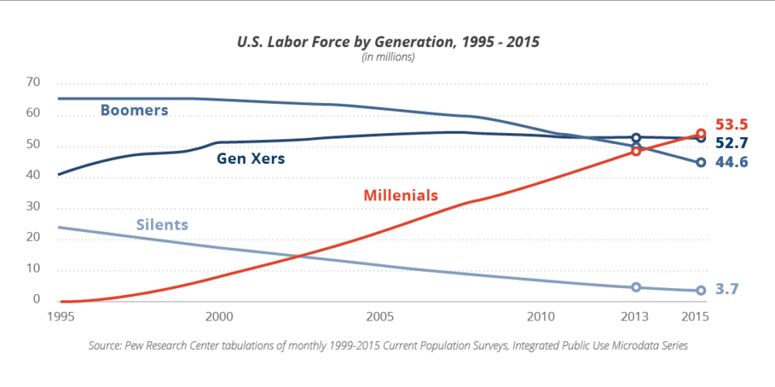
Success Stories
4 min read
Insights from the Field: Can Tribal Knowledge Actually Work?

Recently, I had a chance to visit one of our larger manufacturing clients. Of the many insights gained on that trip, one stood above the rest — tribal knowledge used to actually work.
When speaking with the team about their preventative maintenance program, I learned that their machines have certain maintenance procedures that are only required every 5 years. Some, even 10.
How do they manage the know-how for decade-long maintenance cycles?
Tribal knowledge.
I was truly impressed. This company is known for high quality standards, and they don’t forget to maintain their machines. Still, I can’t remember all the items my wife asks me to pick up at the grocery store, much less a complex maintenance procedure five years from now.
Given this impressive memory recall and commitment to quality, I was curious about how it worked.
I asked, “What happens when there isn’t anyone on staff who was around the last time the maintenance was required?”
I expected this may bring up a challenge that we could help them with. I expected them to be stumped.
Indeed, they were stumped. But I was also wrong.
They weren’t stumped because they didn’t have an answer. They were stumped with my question because this has never happened to them before.
Yes, they rely on tribal knowledge for their maintenance procedures. But someone has always been around to pass along the information. Enough current employees have always been at the plant long enough (5-10 years) to remember how and when they did it last time.
In fact, most employees stay with this company for 30+ years.
This is a testament to the industry because not many companies can make this claim anymore. Many manufacturers currently have people in their tenure that have and will only work for one company their entire life.

Millennials in the Workforce
But things are different now. Millennials are the dominant workforce and many people only stay with a company for 2-3 years, not 20-30. In fact, the average number of years that workers stay with their employer is 4.6 years, according to the Bureau of Labor Statistics.
The median tenure for workers age 24-35 (Millennials) is even lower, at 3.2 years.
3.2 years.
Let that sink in.
3.2 years to hire and train someone. 3.2 years to cultivate their skills as a valuable contributor to your organization. 3.2 years for those same people to provide process insights and improvements. And 3.2 years to capture that before they walk out the door.
Shifting Away from Tribal Knowledge
Relying on tribal knowledge may have worked for manufacturers for a while, but the shift is coming and companies need to be prepared. Recording and redistributing tribal knowledge may be a challenge, but it’s a worthy endeavor.
Ask yourself, as your experienced employees leave, how will you capture their knowledge?If there’s a chance you’re like me, and don’t trust your memory with the grocery list, then give us a call and see how Dozuki can help.
Related Posts
View All Posts
Training
What is Tribal Knowledge?
5 min read
Many industrial businesses have heard of the dangers of relying on tribal knowledge. But what exactly does tribal knowledge mean? How does tribal knowledge impact my...
Continue Reading
Training
How to Capture Expert Knowledge Before it's Lost
6 min read
It’s no secret. Manufacturers are coping with a massive wave of retirements. With over a quarter of the workforce over the age of 55, many workers are leaving their jobs with...
Continue Reading
Standard Work
Vienna Sausage: A Story of Standards and Tribal Knowledge
4 min read
Imagine that you lost the ability to make your key product. What if your core revenue driver was suddenly different... And you didn't know why. We recently came across a ...
Continue Reading


